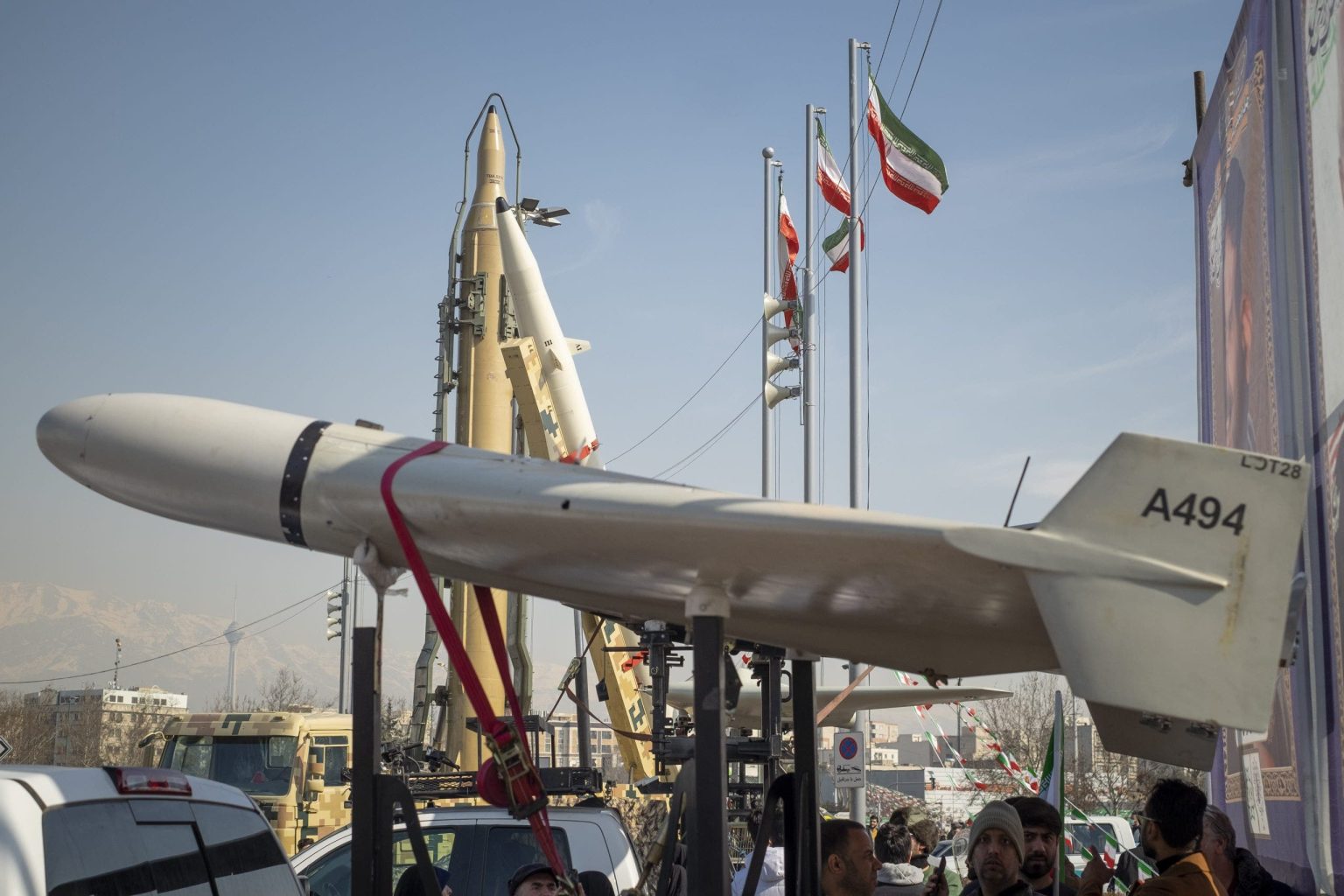Iran’s mission to the United Nations issued a statement justifying the country’s missiles and drones fired toward Israel, warning the U.S. to stay away from the conflict. U.S. officials confirmed that they were continuing to shoot down Iranian drones heading toward Israel. The U.S. military stated that they remain ready to provide defensive support and protect U.S. forces in the region. The White House reiterated its support for Israel, describing its backing as “ironclad” and promising to support their defense amid Iran’s attacks.
Iran argued that the attacks on Israel were justified under Article 51 of the UN Charter, which recognizes a nation’s right to self-defense when attacked by another country. The missiles and drones were launched in retaliation to an airstrike on the Iranian consulate in Syria that resulted in the deaths of several generals. Iran claimed that its military action was in response to aggression against its diplomatic premises in Damascus, although Israel did not take responsibility for the attack. The statement warned that the matter could be considered closed but threatened a more severe response if Israel made another mistake.
Israeli Prime Minister Benjamin Netanyahu stated that Israel had been preparing for the possibility of a direct attack from Iran for weeks. He emphasized that Israel’s air defenses were deployed, and they were ready for any scenario in terms of attack and defense. Netanyahu established a clear principle of retaliation, stating that whoever hurts Israel will face a corresponding response. He affirmed Israel’s commitment to protecting itself from threats with determination and composure.
The ongoing tensions in the region prompted lawmakers to send a message to the White House, urging them to stand firm in the face of an impending drone attack by Iran on Israel. The statement from Iran’s mission to the United Nations highlighted the retaliatory nature of the attack on Israel due to the strike in Syria but warned of a more severe response if Israel repeated its actions. Iran maintained that the conflict was a matter between itself and the Israeli regime, emphasizing that the U.S. should refrain from involvement in the situation. The warning from Iran added to the escalating tension in the region, raising concerns about the potential for further military confrontations.
The developments surrounding Iran’s missile and drone attacks on Israel highlighted the volatile nature of the situation in the region, with both sides taking strong stances and preparing for potential escalation. The U.S. military’s continued efforts to intercept Iranian drones aimed at Israel underscored the ongoing security challenges in the area. As Iran defended its actions as self-defense under the UN Charter, Israel remained vigilant in its readiness to respond to any threats. The strong rhetoric from both sides, coupled with the history of conflict between Iran and Israel, raised fears of a potential larger-scale confrontation that could have significant implications for regional stability.
In conclusion, the situation involving Iran’s missile and drone attacks on Israel and the subsequent responses from both Iran and Israel illustrated the precarious balance of power in the Middle East. The warning from Iran to the U.S. to stay away from the conflict emphasized the desire to keep the situation contained within the two parties involved. However, the possibility of escalating tensions and further military actions remained a looming threat, with both sides indicating their preparedness to defend themselves. The international community, including the U.N. and the White House, closely monitored the situation, underscoring the need for diplomatic efforts to de-escalate the crisis and prevent a full-scale conflict in the region.


